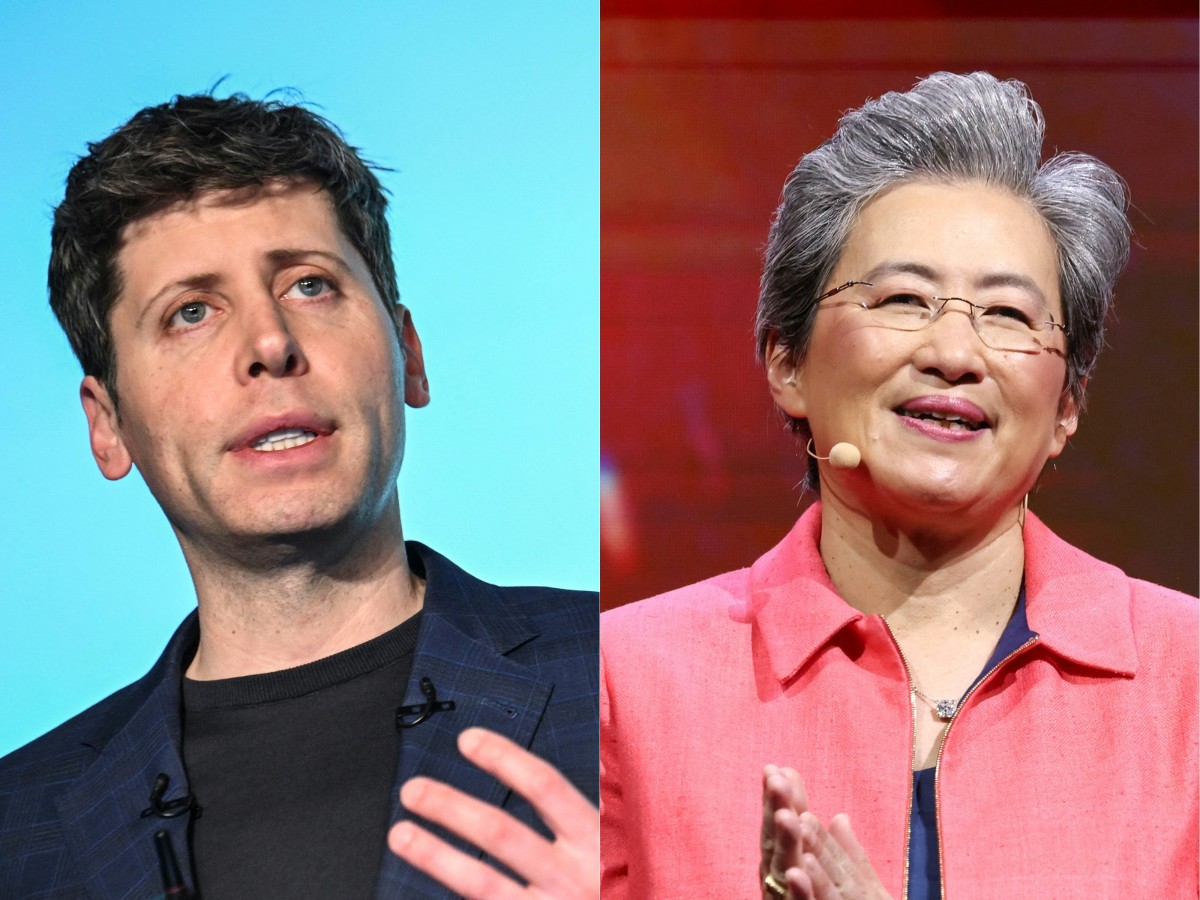New York, United States – OpenAI signed a multi-year partnership Monday with chipmaker Advanced Micro Devices as the ChatGPT-maker continues an investment spree to secure massive amounts of computing power for rolling out generative artificial intelligence.
OpenAI sits at the center of an AI investment bonanza to power the promised artificial intelligence revolution.
It oversees the Stargate project, which has secured $400 billion of the $500 billion planned by 2029 for giant data centers in Texas, New Mexico and an undisclosed site in the US Midwest.
The deal with AMD follows a contract with Nvidia for more than $100 billion in equipment intended to increase OpenAI’s generative AI capabilities.
Nvidia’s graphics processing units (GPUs) are by far the dominant player in the AI field, with its products integrated into the company’s software ecosystem, making it harder for rivals to compete.
“We need as much computing power as we can possibly get,” OpenAI President Greg Brockman said Monday on CNBC following the announcement.
“What we’re really seeing is a world where there’s going to be absolute compute scarcity, because there’s going to be so much demand for AI services and not just from OpenAI,” he added.
California-based AMD generates the bulk of its revenue from CPU sales — processors used for personal and business computers that are less powerful than GPUs.
OpenAI last week also signed a chip deal with South Korea’s Samsung and SK Hynix.
Data server giant Oracle, a major partner of the Stargate program, also saw its share price skyrocket by 35 percent last month when it announced its own deal with OpenAI.
It was not immediately clear how OpenAI would finance the deals.
OpenAI is years away from turning a profit, with the costs of computing needed to power the company’s AI needs far surpassing revenue from paying customers of ChatGPT and other products.
However, Wall Street’s faith in the future of AI remains strong, and OpenAI is now the world’s most valuable private company, surpassing Elon Musk’s SpaceX, worth $500 billion, with investment still pouring in.
Monday’s announcement shows OpenAI moving to diversify its supply of semiconductors so that it does not depend solely on US powerhouse Nvidia for the GPUs that are key to the development of generative AI.
Analysts say chipmaker AMD is facing competition from — in addition to Nvidia — China’s Huawei, as well as Amazon and Google.
“This is yet another validation sign that the AI Arms Race is heating up among Big Tech firms with AMD now joining the AI party,” said Dan Ives of Wedbush Securities.
Under the deal Monday, AMD will issue OpenAI 160 million “warrants” — a financial product that can be converted to shares under certain conditions, leaving the AI giant in a position to own roughly 10 percent of AMD.








